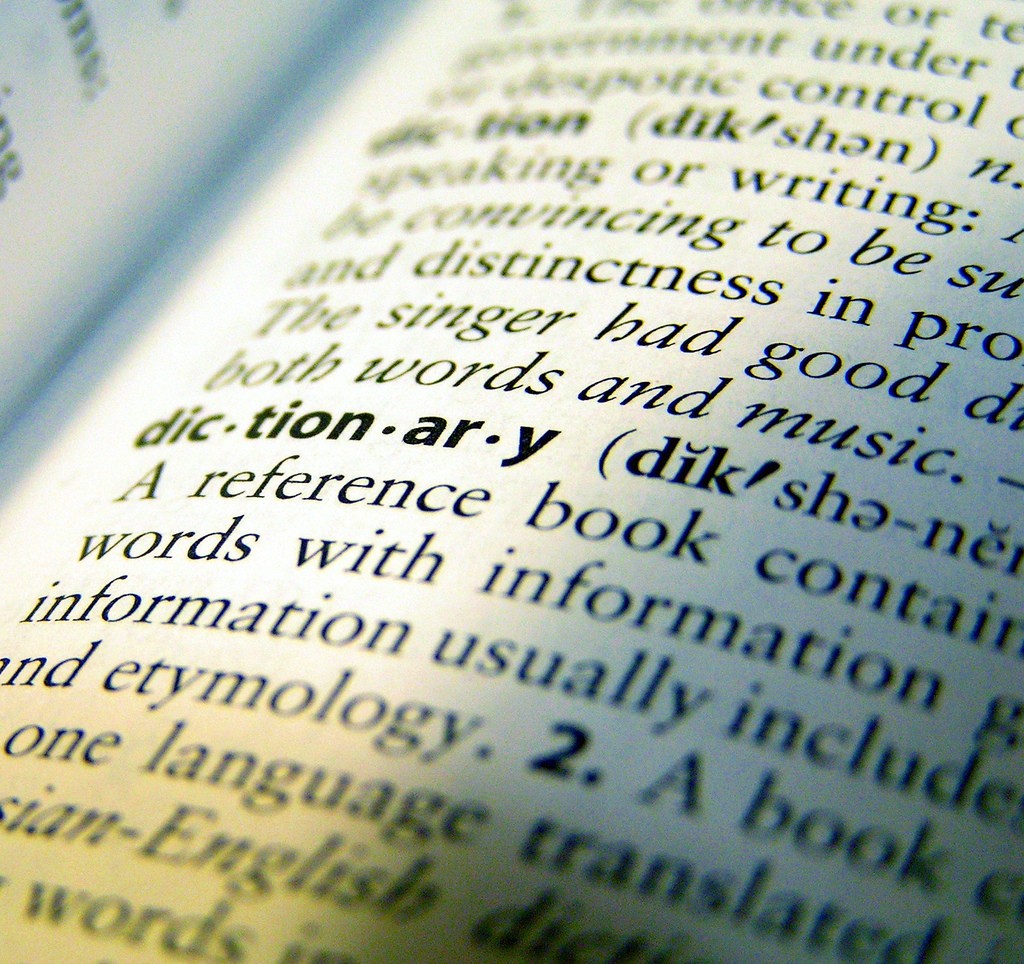 Are the accusations of sexism in the dictionary definitions that have moved through social media last week reasonable? While problems in the entries seem clear, the situation is complicated. In case you missed it, Michael Oman-Reagan, a PhD candidate in Canada noted that the Oxford Dictionary presented “rabid feminist” as an example for the entry “rabid,” which he included as one among many examples of “explicitly sexist” entries. The dictionary editors responded that their “example sentences come from real-world use,” but, of course, they chose which everyday example they wanted to enshrine. For a term with a negative connotation like “rabid,” such a choice provides an opportunity to offend someone, making the choice significant. If they had written “rabid NRA member” or “rabid leftist,” different groups might be complaining.
Are the accusations of sexism in the dictionary definitions that have moved through social media last week reasonable? While problems in the entries seem clear, the situation is complicated. In case you missed it, Michael Oman-Reagan, a PhD candidate in Canada noted that the Oxford Dictionary presented “rabid feminist” as an example for the entry “rabid,” which he included as one among many examples of “explicitly sexist” entries. The dictionary editors responded that their “example sentences come from real-world use,” but, of course, they chose which everyday example they wanted to enshrine. For a term with a negative connotation like “rabid,” such a choice provides an opportunity to offend someone, making the choice significant. If they had written “rabid NRA member” or “rabid leftist,” different groups might be complaining.
The issue, though, may be a bit more complicated. As a former student pointed out on Facebook, the term “rabid feminist” is the identifier of choice for several feminists, including serving as a title on Tumblr, a blog, a Facebook community (for “enraged feminists supporting Hillary Clinton”), and a Twitter community (also for “enraged feminists”). As we have written on numerous occasions, symbols and labels can have multiple meanings (the Swastika and the Confederate flag, for example), and some (like the band, the Slants) try to reclaim a negative term. While the controversy over the rabid feminist example attributed to the dictionary editors a particular intention in the selection of the example, the reasons why they made that selection are less clear. Literary theory for the past almost half century has debated the ability to inscribe intention on an author (see Roland Barthes’s “Death of the Author” essay).
Even if the editors who selected the example and approved the entry identify as feminists, even strongly advocate for gender equality, the entry reads as an outsider asserting the term. So, while terms have multiple meanings and usages, people perceive things differently depending on who uses particular terms and in what contexts. It is difficult for me to rehabilitate a demeaning term for another group by using it, whatever my positive intention might be. Rehabilitation tends to come from adoption within the group. So, even if the editors were the individuals behind the rabid feminist websites, using the term in the authoritative voice of the dictionary, without any suggestion of employing the term positively, reflects the different positions and power of what we write in different contexts and voices.
Whatever the intention of the editors, the question of the rabid feminist example is more complicated still. While the editors responded on Twitter initially by emphasizing their role of describing the way language is used everyday, that explanation ignores the normative power of a dictionary to establish the standard for language use. This position is made more powerful for the Oxford Dictionary, as it is the base dictionary for the current Mac operating system. So, enshrining such an example in the standardizing, authoritative voice of the default dictionary for many computers intensifies a negative representation of feminism, whatever their intention might have been. The editors have announced that they are reviewing the example used for ‘rabid,’ at least, but the complicated relationships between intention and interpretation, description and standardizing texts will continue.
Image credit: “Dictionary” by Caleb Roegnick (CC BY 2.0) via Flickr
